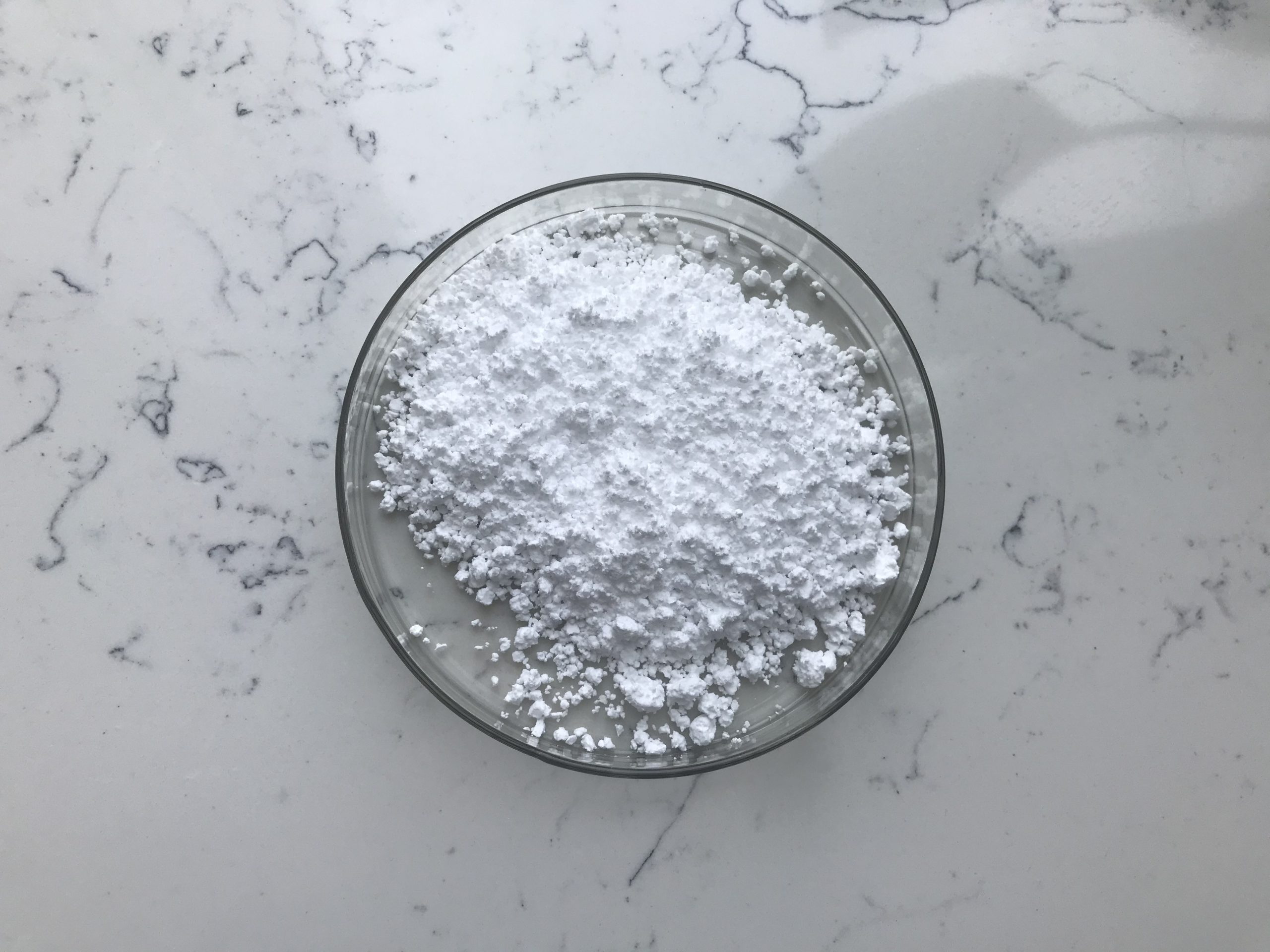Citicoline Sodium is a medication and dietary supplement that serves as a source of choline, a nutrient that supports brain health and cognitive function. Citicoline itself is a naturally occurring compound in the body, also known as CDP-Choline (Cytidine Diphosphate Choline). Here are some essential details:
1.Chemical Structure and Composition
- Chemical Formula: C14H25N4NaO11P2
- It combines choline and cytidine, which eventually convert into phosphatidylcholine, an important component of cell membranes, particularly in brain cells.
2. Mechanism of Action
- Citicoline is a neuroprotective agent, supporting brain cell health and cognitive function by helping maintain cell membrane integrity and enhancing neurotransmitter synthesis.
- It provides choline, which is a precursor for acetylcholine, a neurotransmitter associated with memory and learning.
- Citicoline may increase dopamine receptor density, potentially influencing mood and cognitive processes.
- It is thought to aid in phospholipid synthesis in neuronal membranes, particularly in conditions where brain cells are damaged, such as after a stroke.

3. Uses and Indications
- Cognitive Enhancement: Often used to support memory and mental clarity, especially in elderly individuals.
- Stroke Recovery: Studies suggest it may aid recovery and improve neurological outcomes in patients who have suffered from an ischemic stroke.
- Neurodegenerative Conditions: Sometimes used in treating Alzheimer’s disease and other types of dementia.
- Vision Health: Some research has indicated potential benefits in treating glaucoma and other visual disorders.
4. Forms of Administration
- Oral Tablets or Capsules: Commonly used as a dietary supplement.
- Injectable Solution: Administered in a clinical setting, especially for acute cases.
- Intravenous: In some hospitals, administered intravenously to manage conditions like stroke.
5. Dosage and Precautions
- Dosage typically varies from 250 mg to 2,000 mg per day, depending on the condition and the individual’s health needs.
- Side Effects: Generally well-tolerated but may cause mild symptoms like headache, diarrhea, or insomnia in some users.
- Precautions: Not recommended for people with hypersensitivity to citicoline or those with severe kidney issues without consulting a physician.

6. Research and Evidence
Citicoline has been studied for its potential neuroprotective and cognitive-enhancing effects. Many studies support its use in stroke recovery and cognitive decline, though more research is needed to confirm its efficacy in all proposed uses.
